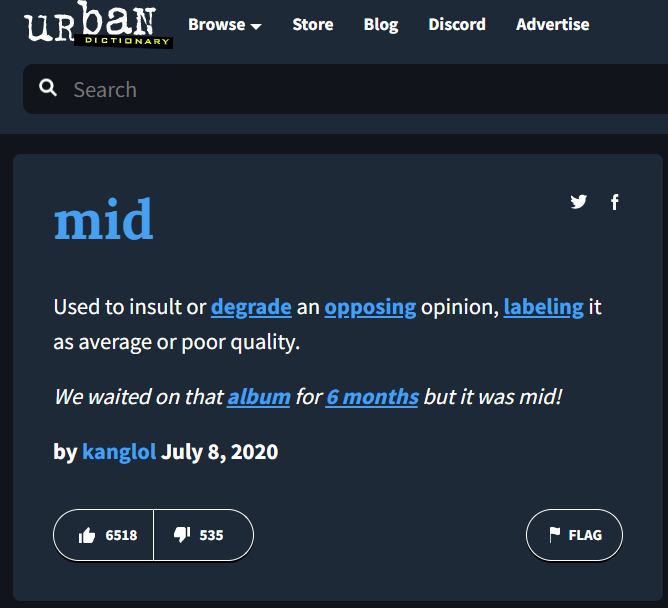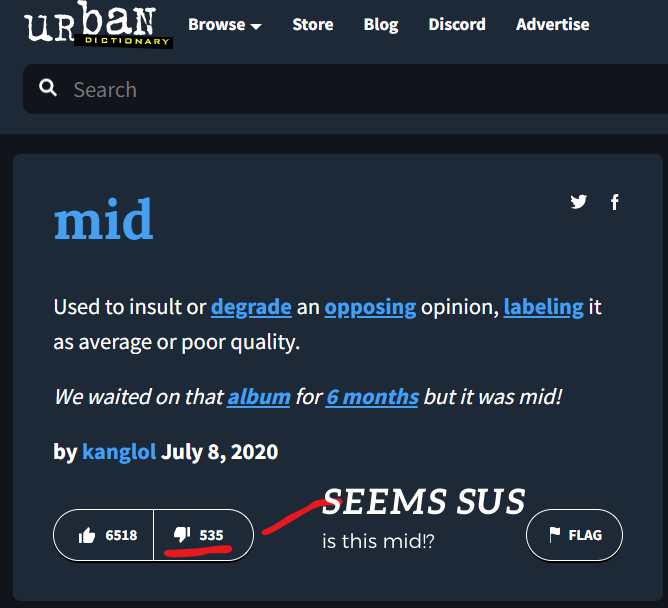Hello everyone! Hope you're having a great day. I wanted to have a discussion with anyone interested about the idea of AI generated art here on Itch io. For it? Against it? Can't pick a side? Or simply don't care?
Personally, I've always been on the fence about it. Especially people who make money off of it. But sometimes the art looks really pretty and would go perfect for a certain project. Tbh I'm not 100% sure how AI generation even works, but there is chance there could be stolen art. And then some creators use AI art and personally customise it. Is that considered okay?
Let me know what all of you think! But if you don't agree with someone, please don't be mean about it. Let's all be civil




